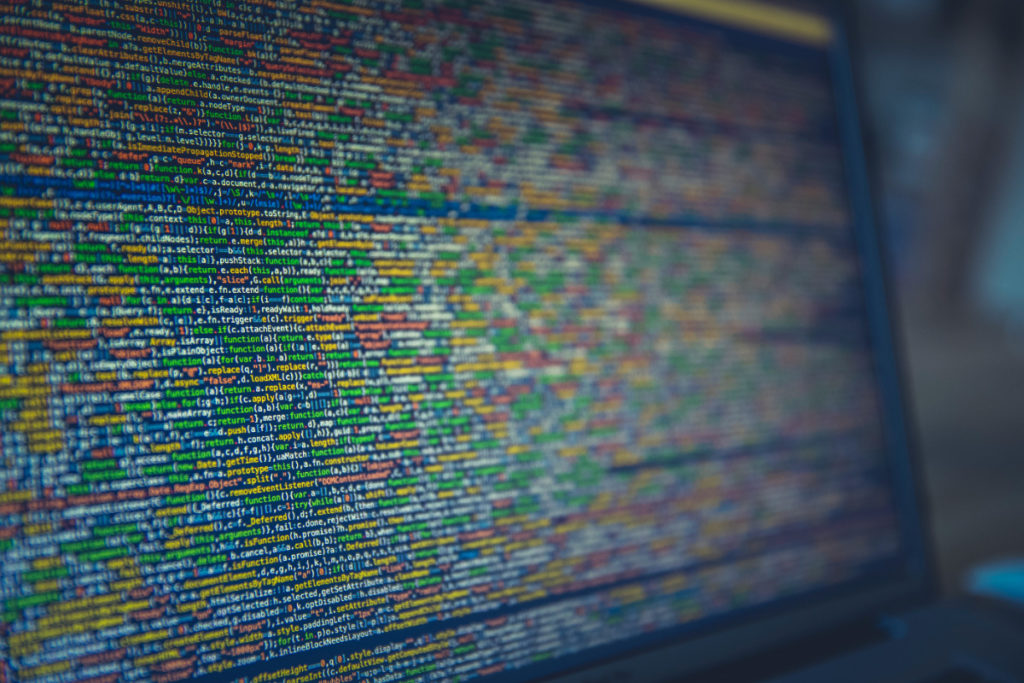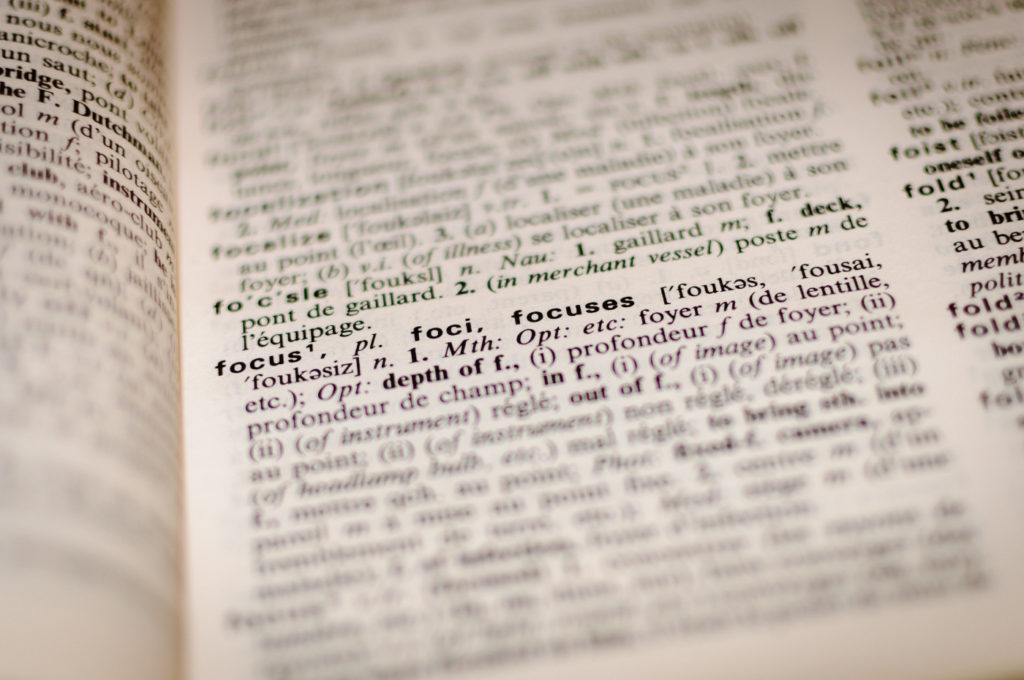Why we really don’t understand each other
When people think about the language barrier, they refer to the challenge of communicating across cultures. The first story ever told explaining why people speak different languages is told in the Book of Genesis – the Tower of Babylon.
The story tells about humanity speaking the same language in the land of Shinar. The people of Shinar built a city and a tower to reach the heavens. God, for some reason, acted against it by confusing their speech so they would no longer be able to communicate and complete their project.
Language is an interesting thing by which one person can transfer thoughts to sound or text. And then others, by use of audio or visual sensors, are able to transfer these senses back into thoughts.
If any of the required capabilities, transferring or receiving the thoughts, are missing, then communication is not possible.
For example, for a deaf or blind person to communicate, they need to change the communication protocol from the standard audio or visual signs to other forms in order to be able to transfer thoughts.
It is assumed that when both the communicator and the receiver are able to see and hear, and both are able to understand the same language, communication is possible. However, it does not mean that both sides truly “understand each other”. It seems that to really understand one another also requires a certain state-of-mind – of being attentive and open to other people’s thoughts.
In order to truly communicate, people must be aware of biases and prejudices that may potentially deviate judgement. When God wanted to cancel the Tower of Babylon project, a “dialogue of deaf” was created. This dialogue did not have to have any physical communication or language proficiency problem for people to be unable to truly communicate. It might not have been an actual language-related obstacle. People might have understood the spoken word. As we well know, people often just “don’t get it” or don’t get one another not necessarily due to language proficiency (it usually is political, cutural, ideological, etc.). It was enough just to create conceptual differences that are impossible to bridge, differences that we face every day that are much deeper than spoken language gaps that is the real language barrier.




















